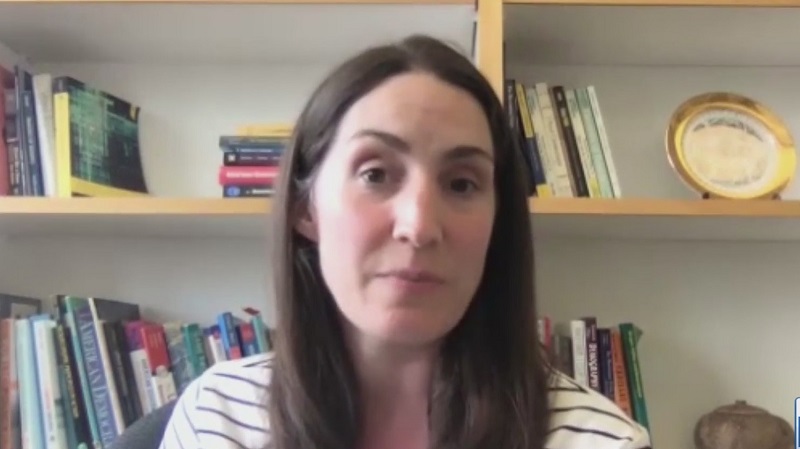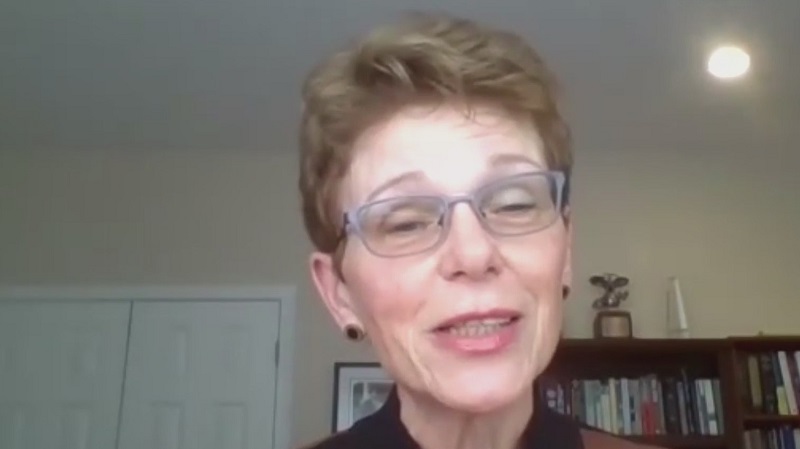PORTLAND, Ore. (KOIN) — In a landmark vote, the Portland Charter Commission approved 3 major changes to overhaul the city’s form of government with the final decision coming from voters in November.
Of the 20 members on the charter commission, 17 voted yes — a supermajority that allows the plans to bypass the Portland City Council and go straight to the ballot in the general election.
Portland is the only major city in the United States that still uses the city commission form of government.
The 3 major changes approved by the Portland Charter Commission are:
- An expanded city council
- A city administrator
- Ranked voting
Charter Commissioner Raahi Reddy is very enthusiastic.
“I think this is going to be a tremendous, wonderful turn for Portland. I’m excited and proud of the work we’ve done,” Reddy said. “I’m a yes, yes, and yes.”
One of the 3 no votes came from Charter Commissioner David Knowles, who is worried about the unintended consequences.
“I think it’s going to dilute accountability. Am I wrong about this? Yeah, maybe I am but on the other hand, I very well could be right,” Knowles said “And the problem is that there’s no data to show that I’m right or wrong.”
Even though Charter Commission co-chair Melanie Billings-Yun wants to “almost immediately” get started, it will take a while for the changes to be implemented if voters approve them in November.
“We want to have a commmission that would design those districts,” she said. “That commission would begin on January 31.”
She said the 4 city council districts would be drawn first, then the system of electing the larger city council would take place in November 2024.
Each district would have 3 members, meaning the Portland City Council would expand to 12 members plus the mayor, who would be elected city-wide. The mayor would be assisted by a city administrator to manage city services.
The changes approved
Instead of the current commission form of government — 4 city councilors and a mayor in charge of various city bureaus — the city council would expand to 4 districts, with 3 members elected from each of 4 districts.
The mayor would still serve as the city’s top executive, but would not have veto power, only a tie-breaking vote on the council.
Billings-Yun said that was taken as a lesson from the prior doomed efforts to reform the charter.
“Portlanders were kind of afraid of the traditional strong-mayor system that made the whole thing go down in flames back in 2007 and 2003,” Billings-Yun told KOIN 6 News.
The districts, Billings-Yun explained, came out of the desire for geographical representation. Having 12 members puts Portland closer to one elected councilor for every 50,000 residents. Currently, there is one councilor for every 128,000 people.
Voters will need to be educated on changes

“There are some opportunities for there to be more diversity in the city council because of this system,” said Ellen Seljan, an associate professor of political science at Lewis & Clark College.
Seljan looks at the districts as lowering the financial barrier of campaigning — focusing on neighborhoods rather than the entire city. She notes a less costly election process can inspire more people to run.
How the city council and mayor are elected would drastically change, creating proportional ranked-choice voting. Billings-Yun said that was a high priority in the surveys and feedback the commission received.
For its popularity, it will require more research, Seljan said.
“That means voters are going to need to get information about every single one of those candidates and be able to rank them and decide their best to their worst candidate. That’s a lot of work,” she explained.
Billings-Yun pushed back on that, and said if a voter only wants to vote for one person, that is their choice and their right.

However, Seljan hopes voters take the responsibility more seriously.
“It’s really important to rank every candidate for the election to turn out fair,” Seljan said.
It will be a while until voters are asked that, as 2024 would be the earliest election under the new charter. It’s on the voters themselves to pass the change to the charter first in this year’s election.
Seljan thinks in order to succeed the campaign supporting the change will need to inform voters about what they’re voting on, how voting will work in the new system, and inspire turnout. She notes that it’s common for voters to simply vote no on something they don’t completely understand.
Its turnout Billings-Yun is banking on — and is confident Portlanders will come through.
“It’s going to take less education than a lot of pundits are saying,” she said, “The fact is we have not heard from one Portlander who says let’s keep it like it is. The mood for change is so tremendous that we have the winds on our back on this one.”
“We believe very much in what we’ve put together. We believe very much that Portlanders want change,” Billings-Yun said.